
India’s Supreme Court upholds Modi govt’s abrogation of Article 370 in Jammu and Kashmir
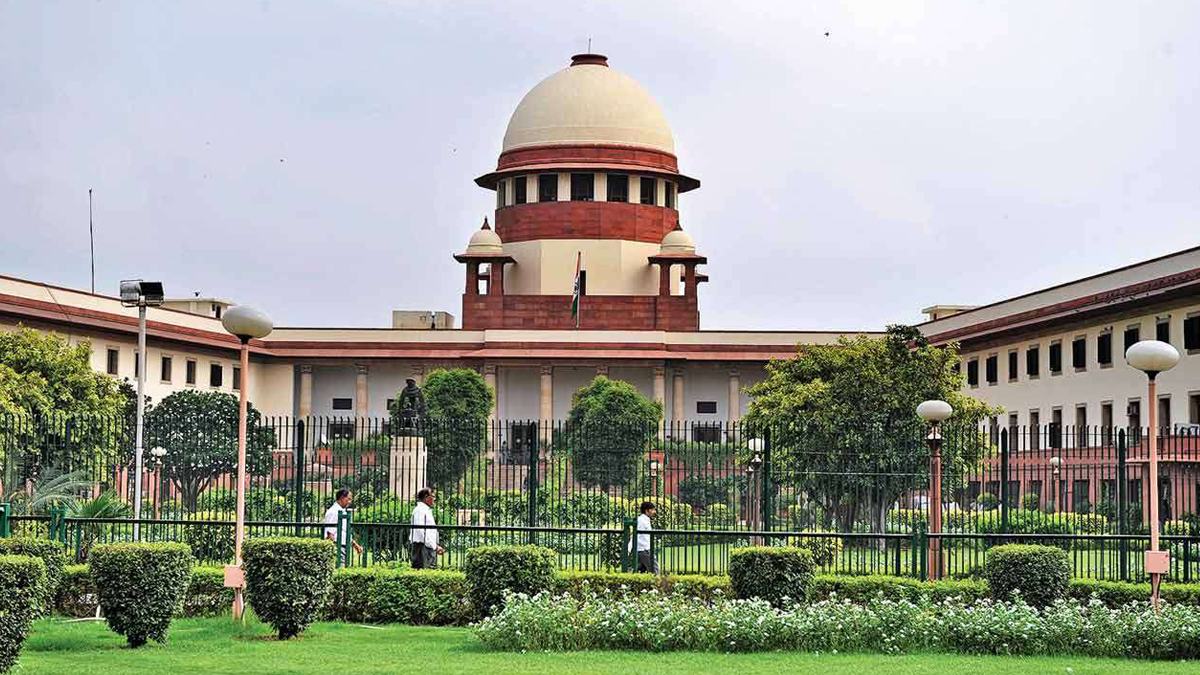
The Supreme Court on Monday upheld the abrogation of Article 370 in Jammu and Kashmir and directed the Election Commission of India to hold Assembly elections by September 30, 2024.
The apex court also said that “restoration of statehood shall take place at the earliest and as soon as possible”.
“We direct that steps shall be taken by the Election Commission of India to conduct elections to the Legislative Assembly of Jammu and Kashmir constituted under Section 14 of the Reorganization Act by 30 September 2024,” CJI DY Chandrachud said. Supreme Court also upheld the reorganization of Ladakh as a Union Territory.
The Solicitor General, representing the Union of India, submitted that statehood will be restored to Jammu and Kashmir and that its status as a Union territory is temporary. He submitted that the status of the Union Territory of Ladakh will not be affected by the restoration of statehood to Jammu and Kashmir.
“In view of the submission made by the Solicitor General that statehood would be restored of Jammu and Kashmir, we do not find it necessary to determine whether the reorganization of the State of Jammu and Kashmir into two Union Territories of Ladakh and Jammu and Kashmir is permissible under Article 3,” the court said. “The status of Ladakh as a Union Territory is upheld because Article 3(a) read with Explanation I permits forming a Union Territory by separation of a territory from any State. This Court is alive to the security concerns in the territory. Direct elections to the Legislative Assemblies which is one of the paramount features of representative democracy in India cannot be put on hold until statehood is restored,” the court added.
The Supreme Court upheld the Union Government’s decision to abrogate Article 370 of the constitution which gave special status to Jammu and Kashmir and said that every decision taken by the Centre on behalf of a State can’t be subject to a legal challenge and it will lead to the administration of the State to a standstill.
A five-judge Constitution bench comprising CJI Chandrachud, Justices Sanjay Kishan Kaul, Sanjiv Khanna, BR Gavai, and Surya Kant delivered the verdict. Supreme Court said that it has held that Article 370 was a temporary provision.
“The proclamation of Maharaja stated that the Constitution of India will supersede. With this, the para of Instrument of Accession ceases to exist….Article 370 was an interim arrangement due to war conditions in the State. Textual reading also indicates that Article 370 is a temporary provision,” the Court said. “The declaration issued by the President exercises the power and clause 3 of Article 370 is a culmination of the process of integration. Thus, we do not find that the President’s exercise of power under Clause 3 of Article 370 was malafide. We hold the exercise of Presidential Power to be valid,” it added.
The Court also noted that Article 370 was meant for the constitutional integration of Jammu and Kashmir with the Union and it was not for disintegration and the President can declare that Article 370 ceases to exist. “Concurrence of the State government was not required to apply all provisions of the Constitution using Article 370(1)(d). So, the President of India taking the concurrence of the Union government was not malafide,” the Court noted.
On September 5, the apex court reserved the judgement after hearing the arguments for 16 days.
On August 5, 2019, the Central government announced the revocation of the special status of Jammu and Kashmir granted under Article 370 and split the region into two union territories.
Justice Sanjay Kishan Kaul recommended setting up an impartial Truth and Reconciliation committee to investigate and report on the violations of human rights both by the State and non-state actors at least since the 1980s and recommend measures for reconciliation.
“The first step towards healing the wounds is the acknowledgement of the acts of violations done by the State and its actors. Truth-telling paves the way for reconciliation,” Justice Sanjay Kishan Kaul said.
He also asserted that the youth and people of Jammu and Kashmir went through a lot and wounds need healing.
“It is for the government to decide how the Truth and Reconciliation Commission must be set up, considering the sensitivities of the issues involved. Whatever has been, has been but the future is for us to see,” he said.

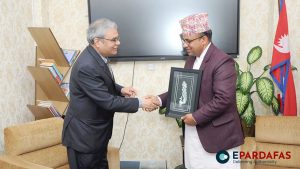
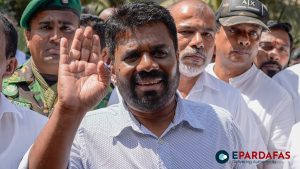
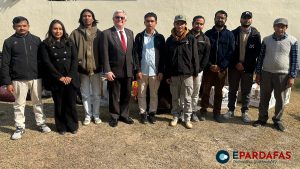
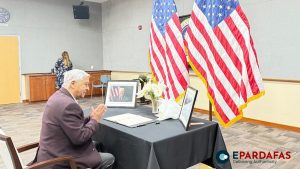
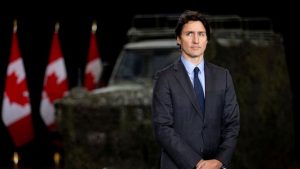
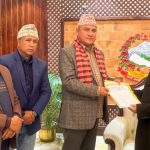



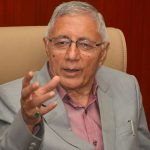
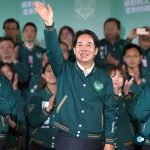
Comments